
The National Lead of the World Food Forum (WFF) Ghana Chapter and Executive Director of Agrihouse Foundation, Ms. Alberta Nana Akyaa Akosa, has made a strong call for the greater inclusion of youth and women in agrifood policy and governance, emphasizing their pivotal role in transforming food systems.
Speaking at the opening ceremony of the 2025 World Food Forum Global Youth Forum, at the Food and Agriculture Organization (FAO) Headquarters in Rome under the theme: “Youth in Agrifood Policy and Governance,”
Drawing from her extensive work with farmers across Ghana including women, youth and persons with disabilities, whom she affectionately refers to as “capabilities” she highlighted three key realities defining the continent’s food systems which she described as “the good, the bad, and the ugly”.
She explained that “the good” reflects the rising wave of determined and innovative youth driving transformation across Africa’s agrifood value chain. “In the World Food Forum Ghana Chapter, we have over three hundred young people actively leading, innovating, and contributing to policy direction and governance, across all sectors in the agrifood value chain. and they can do much more when more youth are giving the opportunity as well. she stated.
On the other hand, “the bad,” she noted, represents the growing number of aging farmers within local communities who possess invaluable knowledge yet remain unable to contribute meaningfully to policy development. Meanwhile, “the ugly” points to the lack of mentorship, coaching, and capacity-building opportunities that limit young people’s ability to scale their efforts and create lasting impact.
“These challenges restrict the potential of youth to expand and influence the food systems meaningfully,” she said. “But this is where the World Food Forum comes in. In Ghana, we are making remarkable progress in empowering the next generation to lead and act.”
Ms. Akosa outlined that the WFF Ghana Chapter’s initiatives focus on three core thematic areas women’s empowerment, nutrition, and livestock development stressing that empowering women remains central to building sustainable food systems.
“When you empower a woman, you empower a nation. Women are the seed, the soul, and the heart of our food systems,” she affirmed passionately.
She cited the Chapter’s flagship initiative, the Women in Agrifood Systems Forum, held in July 2025, which brought together over 150 young women agribusiness start-ups. “Seven of these women took center stage during the panel sessions, and what we saw was inspiring. They only needed a platform and a voice to be heard. Often, it’s not a lack of capacity but a lack of opportunity that hinders women from advancing,” she noted.
Concluding her address, Ms. Akosa urged stronger collaboration between governments, development partners, and youth-led organizations to bridge existing policy gaps and amplify the voice of youth in governance.
“The youth can contribute meaningfully to food systems transformation. It’s about connecting the unconnected, identifying the gaps, and developing practical solutions that work. That is what we are doing at the World Food Forum Ghana Chapter,” she emphasized.
As part of the ongoing flagship event, Ms. Akosa will serve as Co-Coordinator of the WFF Africa Side Event, scheduled for Thursday, October 16, 2025. The session, themed “How Do We Develop, Implement, and Build Youth-Led Movements to Take Charge, Drive Actions, and Make an Impact — WFF Africa Chapters as the Catalyst!” will bring together youth leaders from across the continent to explore strategies for advancing youth-led movements and policy engagement in agrifood systems.
She will also speak at a special Women’s Side Event focused on “Building Inclusive Youth-Led Movements Across the Food and Agriculture Value Chain,” which will highlight innovative approaches to women’s leadership and inclusion in agriculture across Africa.
In his opening remarks, Dr. Qu Dongyu, Director-General of the FAO, reaffirmed the organization’s longstanding commitment to inclusive agrifood systems transformation as FAO marks its 80th anniversary.
“Food is life, food is culture, and food is a basic human right,” Dr. Qu declared.
He underscored the urgency of global action, revealing that more than 673 million people still suffer from hunger, while 2.6 billion cannot afford a healthy diet.
‘’Transforming agrifood systems is like creating a mosaic many pieces, many colors, and many hands are needed to bring the full vision to life,” he emphasized, urging young leaders to innovate and collaborate in shaping a sustainable food future.
The post Youth and women role in agrifood policy and governance crucial -Agrihouse Foundation boss appeared first on The Business & Financial Times.
Read Full Story
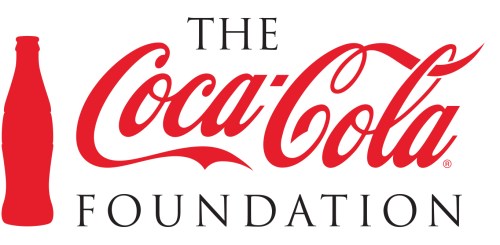
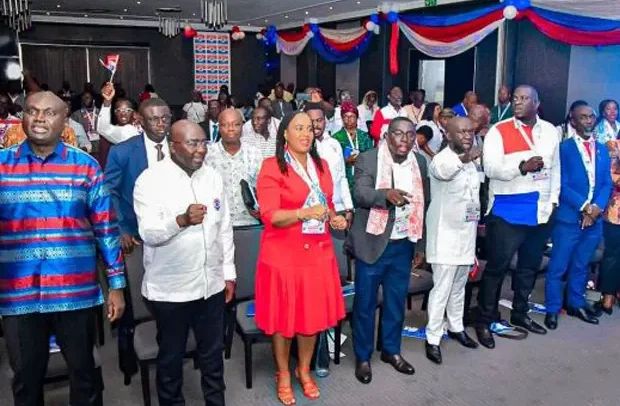
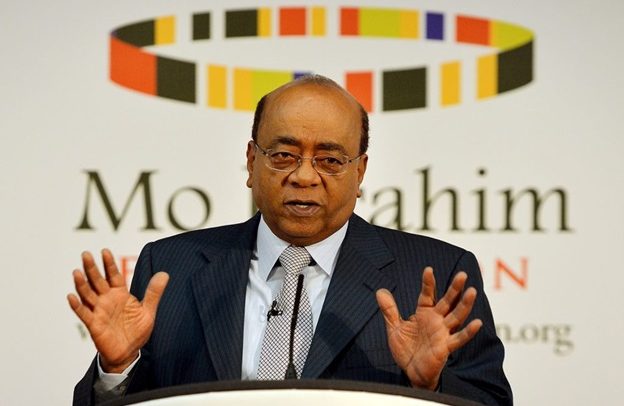

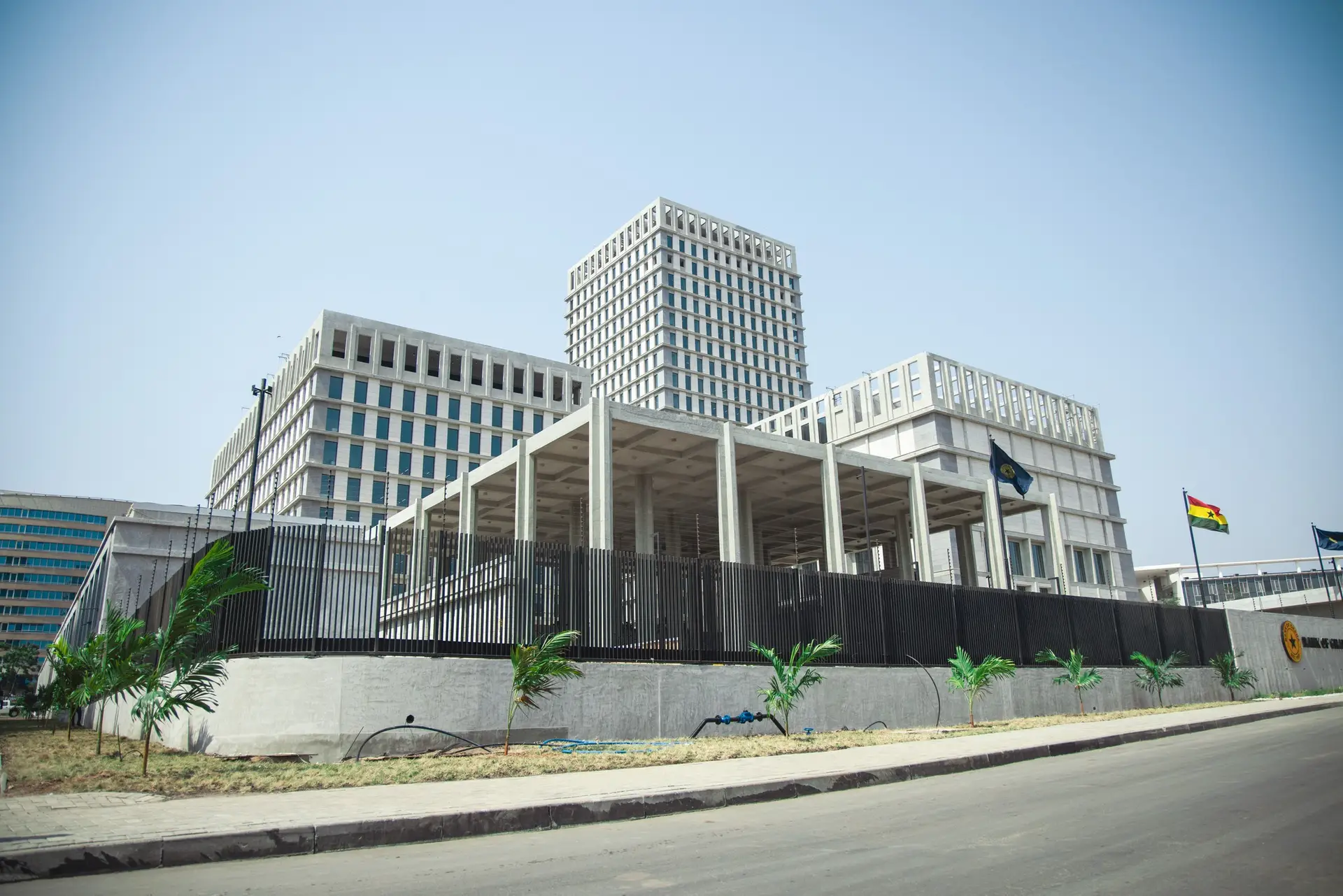



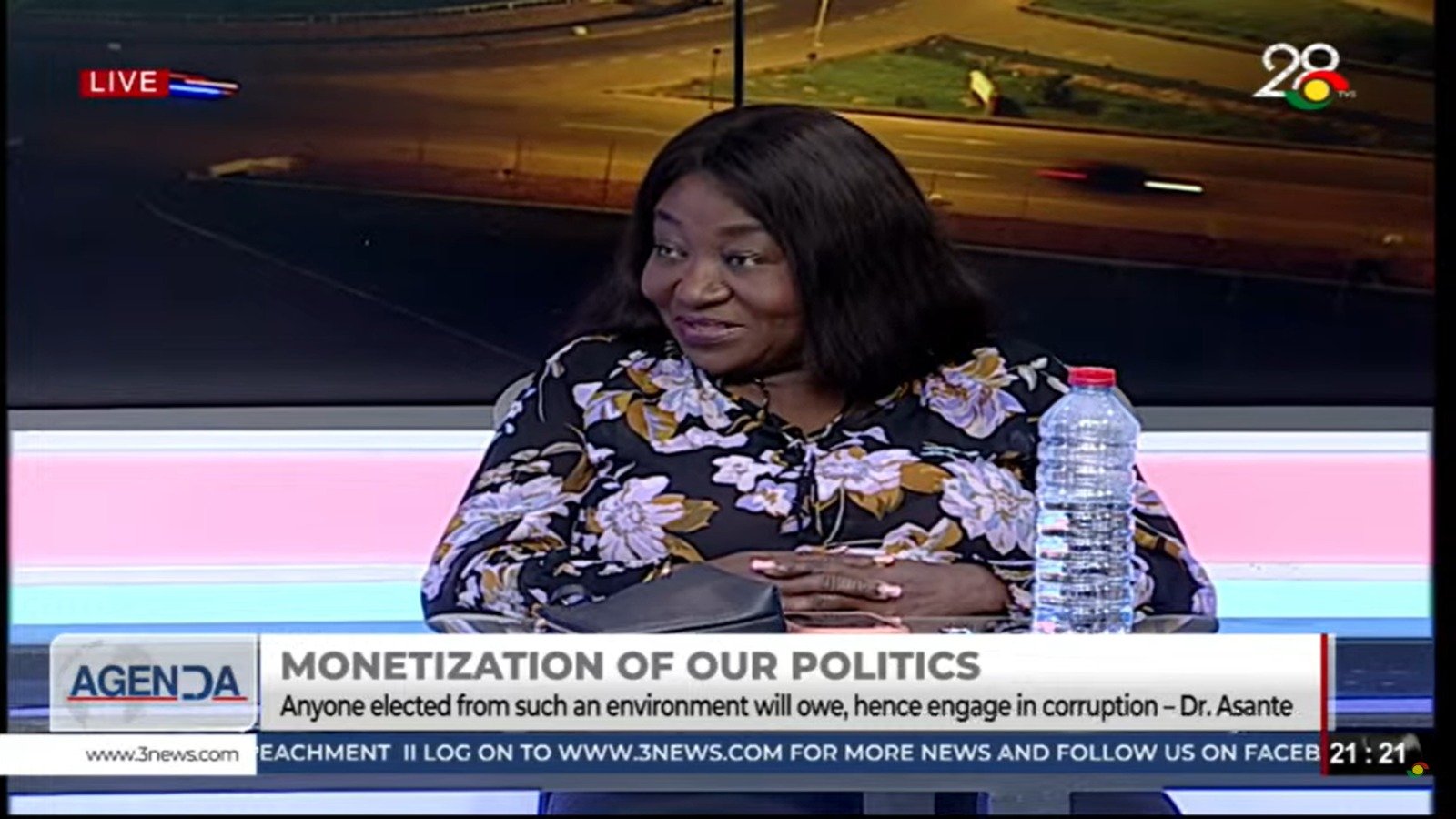






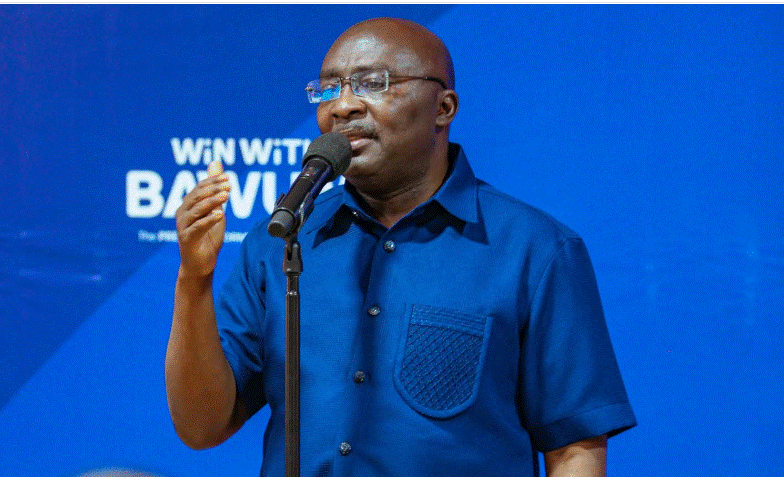



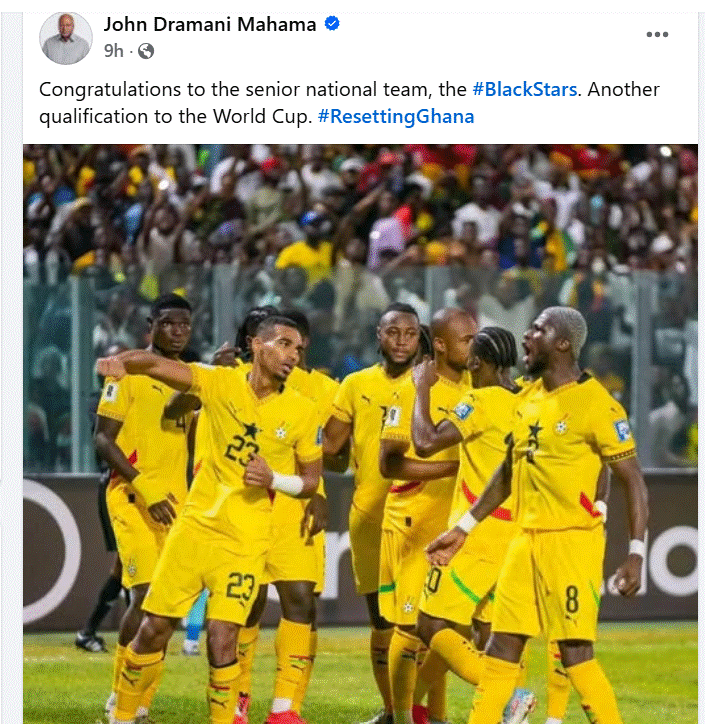

Facebook
Twitter
Pinterest
Instagram
Google+
YouTube
LinkedIn
RSS